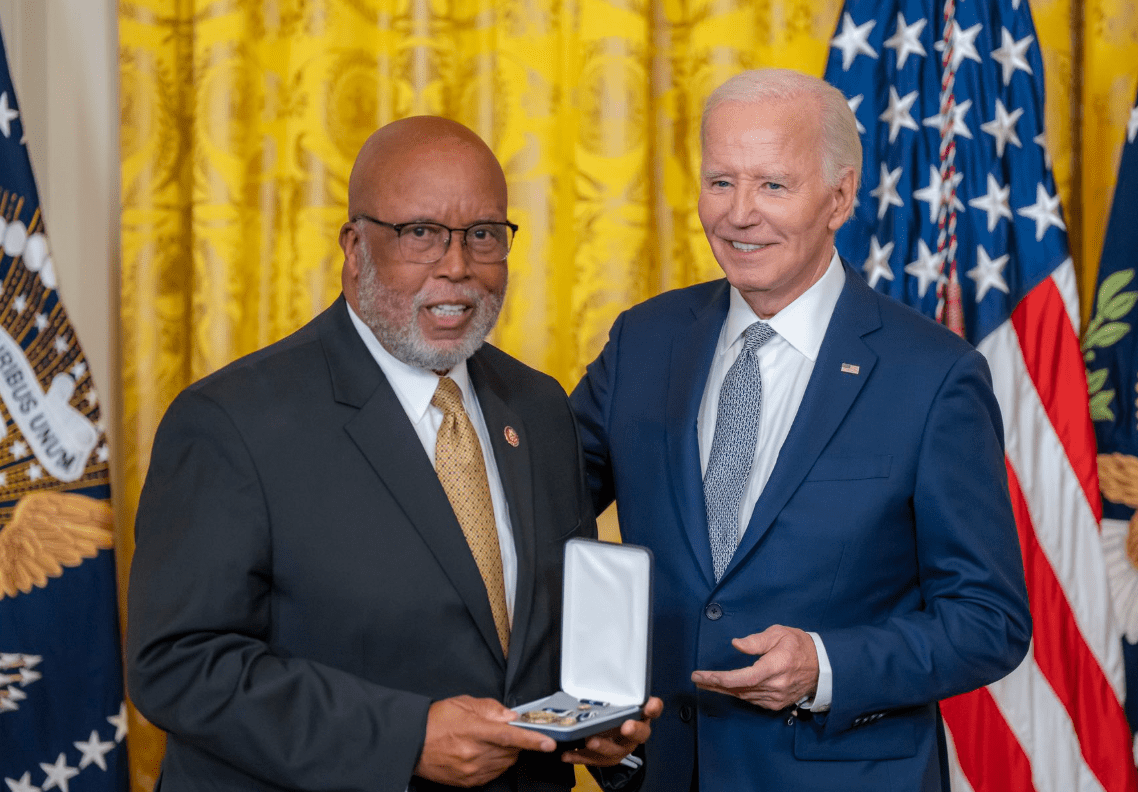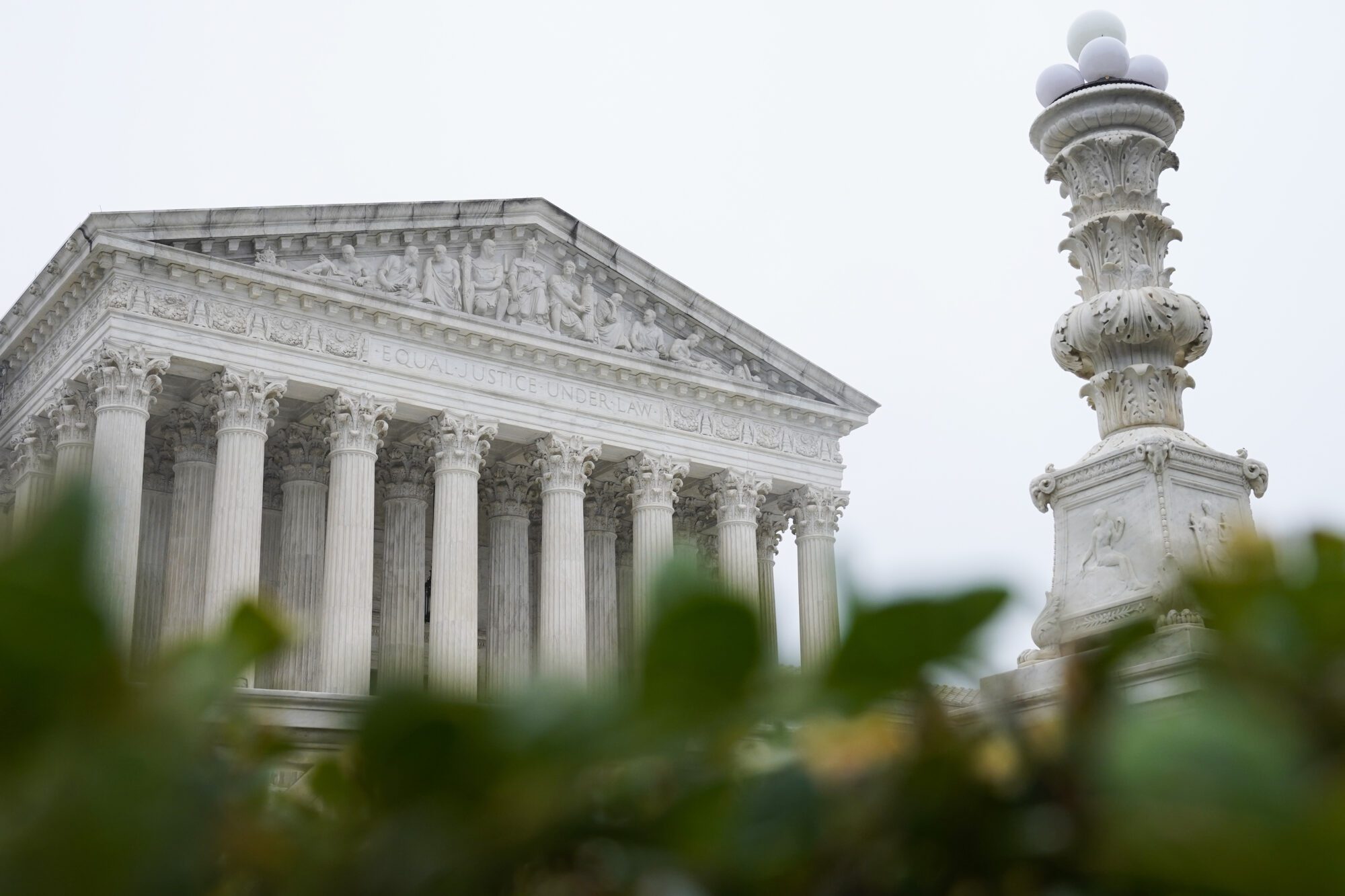RELEASE
Wicker Encouraged by FCC Action to Support a Free and Open Internet
Obama-Era Rules Deter Investment, Hurting Broadband Expansion and Consumer Choice
The Internet has revolutionized our world over the past 25 years, and it has done so within a regulatory framework that allowed for unprecedented growth and tremendous breakthroughs. Unnecessary interference from Washington only threatens to disrupt this successful equation.
I support the recent announcement by the Federal Communications Commission (FCC) to roll back the misguided and overbearing regulatory structure imposed during the Obama Administration. Access, choice, and low costs are important to American consumers when it comes to high-speed Internet. That is not what the Democratic-led FCC achieved with the reclassification of broadband service under a burdensome, utility-like regulatory framework.
Instead, the short-term effect of giving the federal government broad control over the Internet has produced exactly the opposite results. In a recent speech, FCC Chairman Ajit Pai noted how big and small Internet service providers have been negatively affected, with plans for investment and innovation curtailed. When that happens, consumers lose out on better services and options.
Rules Needed for 21st-Century Broadband Landscape
Closing the digital divide is a top priority of mine as chairman of the Senate Commerce subcommittee that oversees Internet issues. To do so, Internet service providers need the confidence and certainty to invest in our nation’s most rural areas. A restrictive regulatory framework that chills growth and jeopardizes investment could hold back our underserved communities, stifling the potential for jobs and economic development with it.
Moreover, the Obama-era decision by the FCC to classify broadband service as a “common carrier” under Title II of the “Communications Act of 1934” simply does not make sense. Title II is supposed to apply to telephone and utility companies. It was intended for the Ma Bell monopoly of the Great Depression – a market much different from the broadband landscape of the 21st century. A heavy-handed regulatory structure does more harm than good in an environment that has succeeded because competition was allowed to flourish there. Simply put, the FCC’s party-line vote to adopt Title II amounted to a government takeover of the Internet.
This is not to suggest the need for a completely hands-off regulatory approach. For example, protecting consumer privacy is of the utmost importance. In addition, Internet providers should not be able to block legal content or prioritize certain network traffic. But a light-touch regulatory system has created the online experience Americans enjoy today. The FCC’s proposal to restore this light-touch framework is a sensible move. This was the regulatory framework that existed under both Democratic and Republican administrations until 2015.
Time Is Ripe for Legislative Solution
The FCC’s action also offers Congress an opportunity to do more to ensure a free and open Internet for all Americans. This is a non-controversial goal, and one that has been touted by Republicans and Democrats. Lawmakers from both political parties can agree that broadband Internet should be accessible, affordable, and reliable. At the heart of the issue is how to put a free and open Internet into practice while protecting consumers and their online experience.
The FCC’s announcement that it seeks to reverse the utility-style classification lays the groundwork for a legislative solution. The time is ripe for Congress to find a way to balance proper regulatory oversight without stifling the freedom of Internet service providers to grow and innovate. Republican lawmakers have already put forward constructive policy ideas as a start. I am hopeful a bipartisan majority will agree that a legislative solution is the best way to ensure certainty, where rules are in place to protect consumers and promote innovation for years to come.
5/1/17







